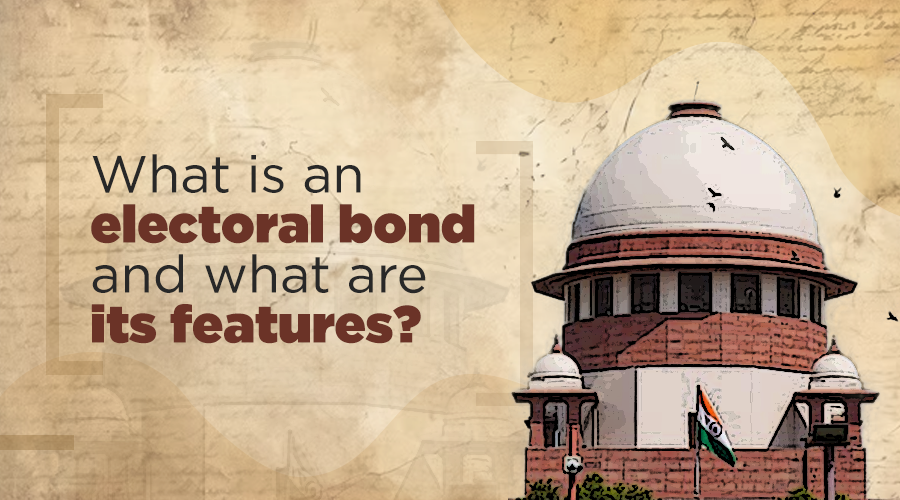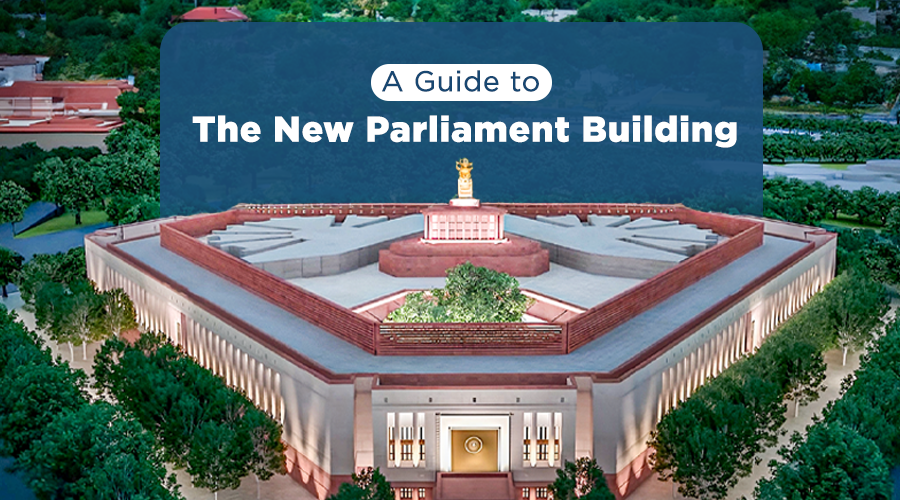Introduction of the Scheme of Electoral Bond
Introduced in 2018, the Electoral bonds are financial instruments launched by the Government of India for individuals and organizations to donate money to political parties. Electoral bonds are issued by authorized banks and can be purchased by any Indian citizen or company incorporated in India.
The primary objective behind the introduction of electoral bonds was to reduce the use of cash in political donations and bring more transparency to the process. By channeling donations through banking channels, the government aimed to curb black money and illicit funding in politics.With political donations being largely under the radar, the electoral bonds are a way to bring transparency into political funding.
The details of the bonds as notified by the Ministry of Finance, Government of India are as follows:
1. Electoral Bond would be a bearer instrument in the nature of a Promissory Note and an interest free banking instrument. A citizen of India or a body incorporated in India will be eligible to purchase the bond.
2. Electoral bonds would be issued/purchased for any value, in multiples of `1,000, `10,000, `1,00,000, `10,00,000 and `1,00,00,000 from the specified branches of the State Bank of India (SBI).
3. The purchaser would be allowed to buy electoral bond(s) only on due fulfillment of all the extant KYC norms and by making payment from a bank account. It will not carry the name of the payee. Electoral Bonds would have a life of only 15 days during which it can be used for making donation only to the political parties registered under section 29A of the Representation of the Peoples Act, 1951 (43 of 1951) and which secured not less than one percent of the votes polled in the last general election to the House of the People or a Legislative Assembly.
4. The bonds under the Scheme shall be available for purchase for a period of 10 days each in the months of January, April, July and October, as may be specified by the Central Government. An additional period of 30 days shall be specified by the Central Government in the year of the General election to the House of People.
5. The bond shall be encashed by an eligible political party only through a designated bank account with the authorized bank.
The debate surrounding electoral bonds in India is multifaceted, with valid arguments presented on both sides. While proponents highlight the benefits of transparency and reduced cash transactions in political funding, critics raise legitimate concerns about anonymity and the influence of corporate interests. As the discussion continues, it remains to be seen how electoral bonds will evolve and whether any reforms will be implemented to address the existing challenges. Ultimately, a balanced approach that ensures transparency and accountability in political funding is essential for strengthening democratic processes in India.





